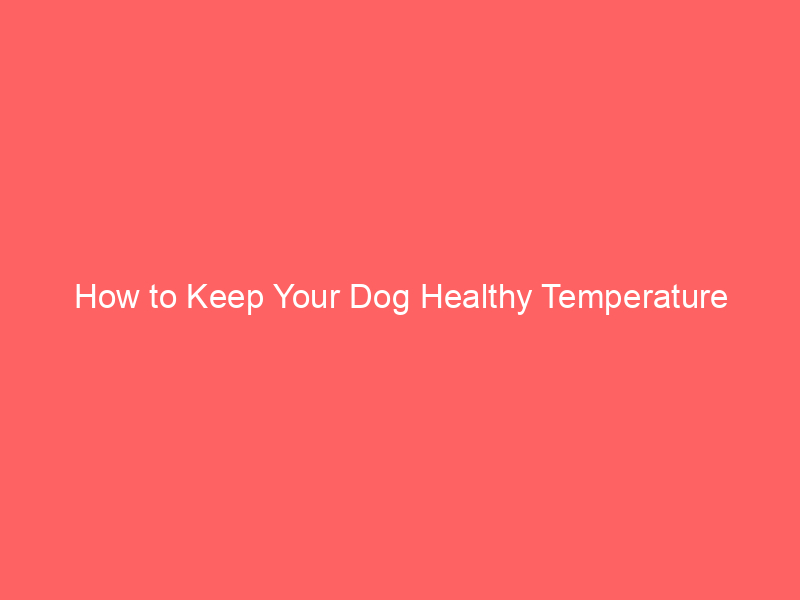
Dogs tend to be more susceptible to temperature variations than humans; their normal body temperature typically falls within the range of 99-102.5 degrees Fahrenheit. Minor fluctuations that do not lead to other symptoms should not cause alarm; anything outside this range requires further investigation by your veterinarian.
Fever in dogs and humans alike is typically caused by infections of various kinds – viruses, bacteria, and fungus can all prompt your body to raise its temperature in order to “burn off” an infection by increasing its internal temperature.
Dogs engaged in excessive exercise under hot conditions can develop hyperthermia, which requires immediate medical intervention to avoid organ failure and death. Treatment must include fluid therapy and cooling to restore body temperature before organ failure becomes an imminent danger.
Rectal thermometers provide the most accurate readings, though digital oral or ear thermometers also work effectively. Just make sure they’re designed specifically for human use – any other animal could compromise its accuracy! To minimize discomfort for both you and your pup, lubricating its tip with water-soluble lubricant or petroleum before inserting will reduce stress and anxiety for both of you during this experience; praise or treats can make the experience positive so they’ll think nothing of taking their temperature in future! After taking its reading, wipe down its tip before storing it back in their first aid kit for future reuse!
An elevated temperature for any dog in the range of 107o-109o F should be considered an emergency and requires immediate veterinary care. These temperatures could be caused by undiagnosed illnesses like immune disorders or bone marrow problems that require attention immediately.
Low body temperatures may be caused by cold environmental conditions or by hypothermia, an emergency that if left untreated can lead to brain damage, organ failure and even death.
Dogs can adjust to living in colder winter environments with time, but for their own protection it is a good idea to provide shelter and access to cool areas. Young puppies, short-haired breeds, and senior pets may be especially susceptible to hypothermia.

